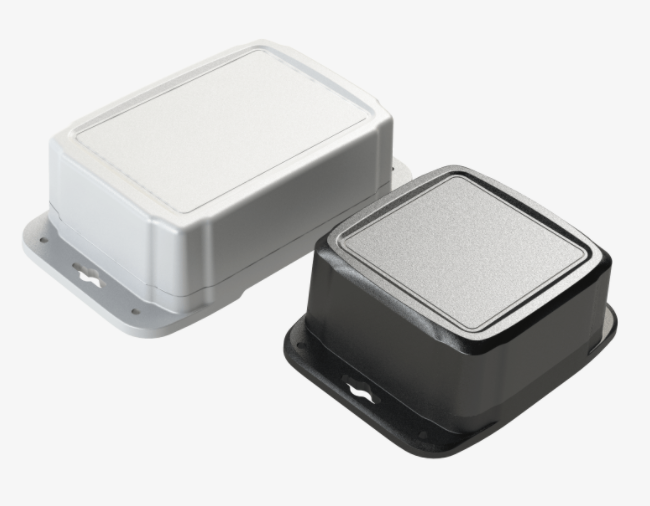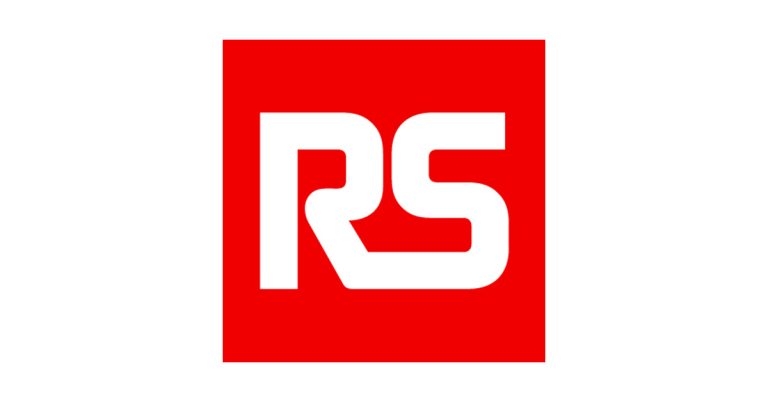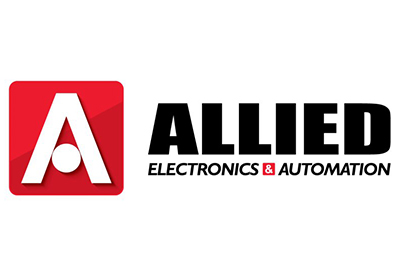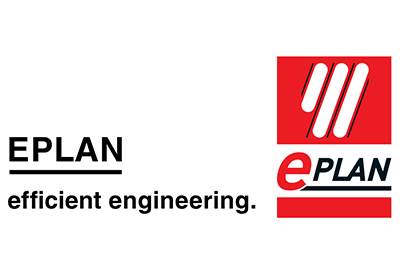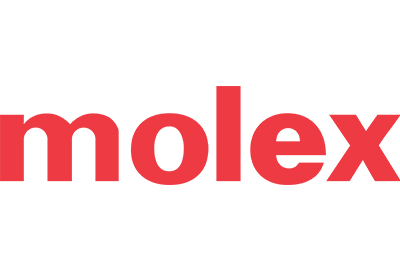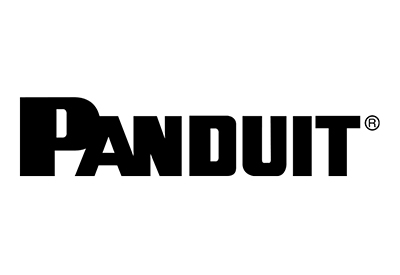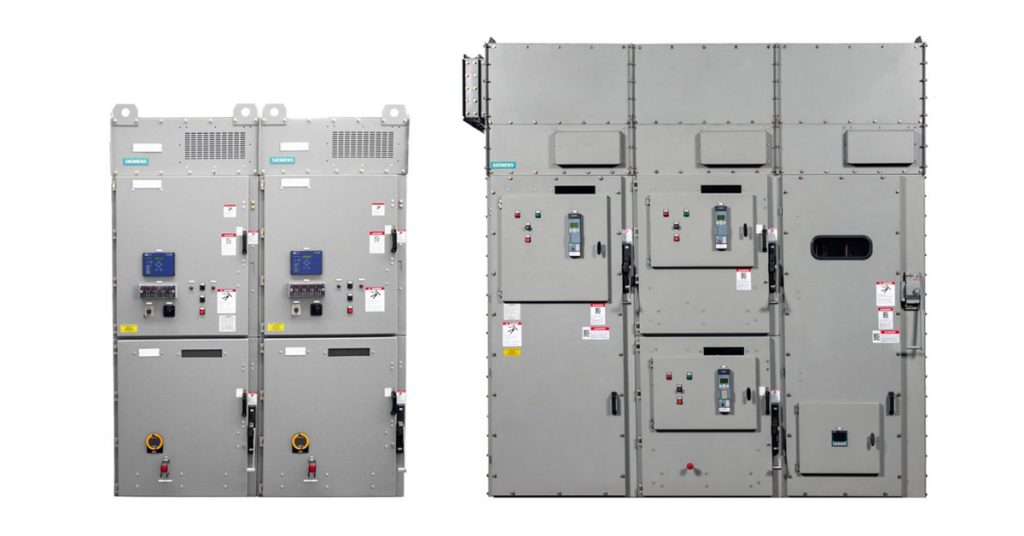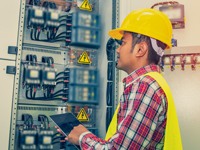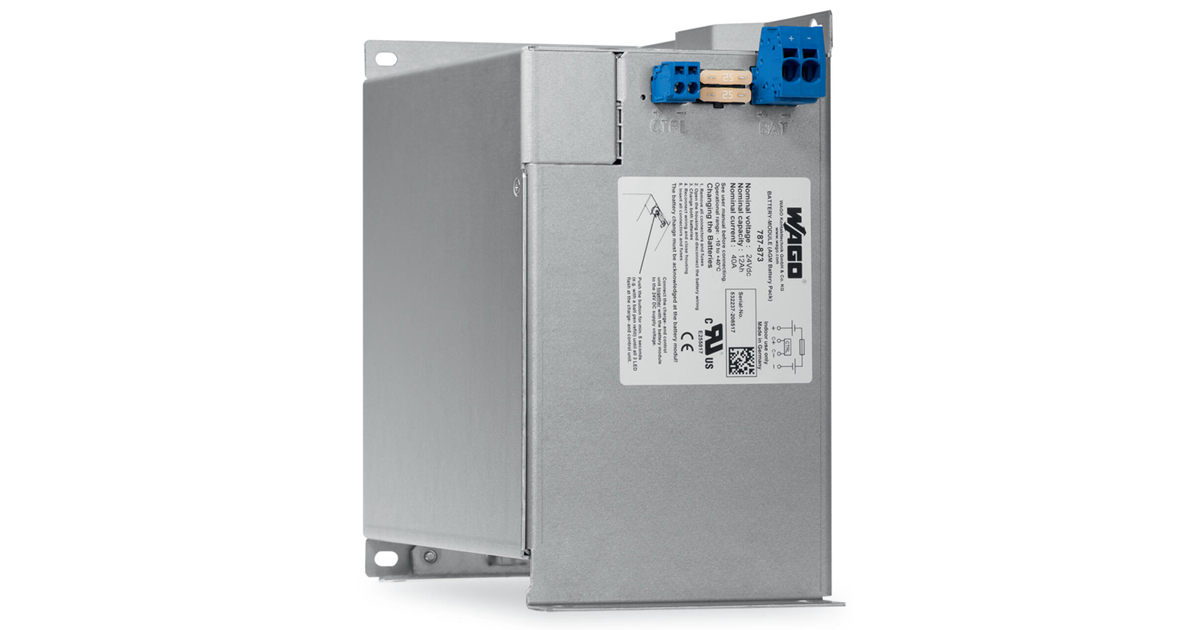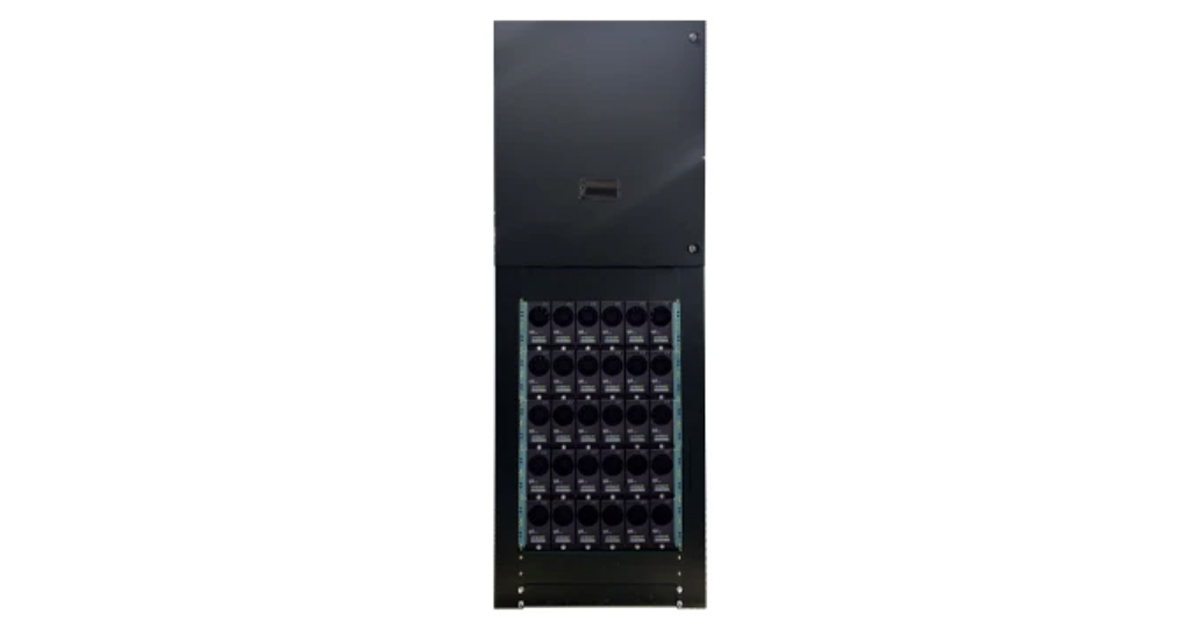As Cyberattacks on Critical Infrastructure Spike, Siemens USA Launches Innovative Cybersecurity Analytics Lab to Help Protect America’s Operational Technology
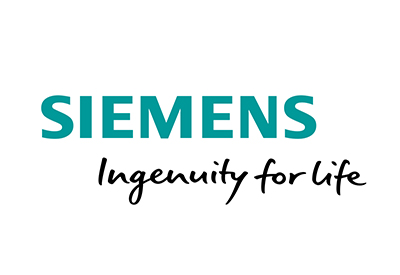
October 6, 2020
Siemens USA announced the launch of its technologically advanced cyber test range housed at its U.S. R&D headquarters in Princeton, New Jersey. The COVID-19 pandemic and the related increase in cyberattacks has highlighted the need for facilities such as this to focus on prevention, detection, and response solutions. Recently, the Cybersecurity and Infrastructure Security Agency (CISA) and the National Security Agency (NSA) put out an alert recommending immediate actions to mitigate attacks on operational technology (OT).
The Siemens cyber test range was designed to test emerging cybersecurity technologies against real-world scenarios to help detect and mitigate potential vulnerabilities. The cyber range has set out to become a hub where data scientists, security experts, and others can come together to perform innovative research in the field of cybersecurity and rapidly prototype and validate new research ideas.
Siemens’ new cyber range combines traditional capabilities such as vulnerability research, product security testing, capture the flag exercises, incident response exercises and cyber defense product evaluation with Siemens’ extensive expertise in OT and cybersecurity. Siemens’ expanding collection of operational technology hardware and software components makes the range more useful for a variety of industrial focused security research.
“Cybersecurity is at the center of everything we do at Siemens. This cyber range will help Siemens continue to innovate in the field of critical infrastructure cybersecurity and build industry confidence in secure digitalization of America’s operational technology,” said Kurt John, Siemens USA’s Chief Cybersecurity Officer. “With this cyber range our customers and partners can now join us on our ongoing journey to help mitigate cyberattacks and protect America’s critical infrastructure.”
This facility was designed with flexibility in mind, allowing remote operation and range components to be moved to other locations such as conferences, universities, government research labs, and even customer environments. Siemens has partnered with the Atlantic Council to use this cyber range to enhance students’ experience during their Cyber 9/12 Strategy Challenge series through simulation of cyberattacks on critical infrastructures like advanced water treatment and power generation facilities. More on this educational partnership will be announced at a later date.
Siemens’ partnerships with other cybersecurity vendors and researchers also enable the company to bring in energy, manufacturing, building automation, and healthcare technologies from inside and outside the Siemens network for testing. Combined with Siemens’ expertise on security topics concerning these fields, the cyber range is uniquely positioned to perform critical and innovative cybersecurity research.
Today, Siemens and its products are supported by a global organization with more than 1,200 cyber experts. The company’s products and solutions have industrial security functions that are built-in by design and enabled by default. They support the secure operation of factories, systems, machines, and networks by its customers. From water treatment facilities and power plants to manufacturers, Siemens provides an expanding collection of OT hardware and software components to American customers, with security as its top priority.
To protect these systems deployed at customer sites and within Siemens, the company implements – and continuously maintains – a holistic, highly advanced industrial security strategy leveraging Siemens products and solutions as well as leading suppliers in the industry. This multi-layered “defense-in-depth” approach includes real-time monitoring providing operational insights that can support taking joint action with customers to mitigate threats and risks.
This cyber range will be another space for Siemens to hone and master the technology foundational to a Fourth Industrial Revolution. And, most importantly, it is a space for leaders to build trust in connected infrastructure to shape a sustainable, resilient future.
![]()

